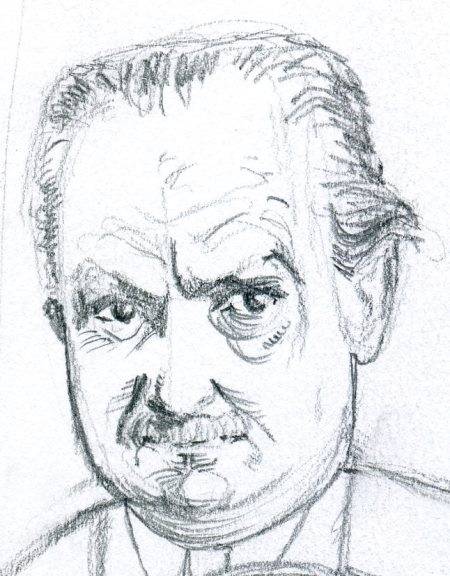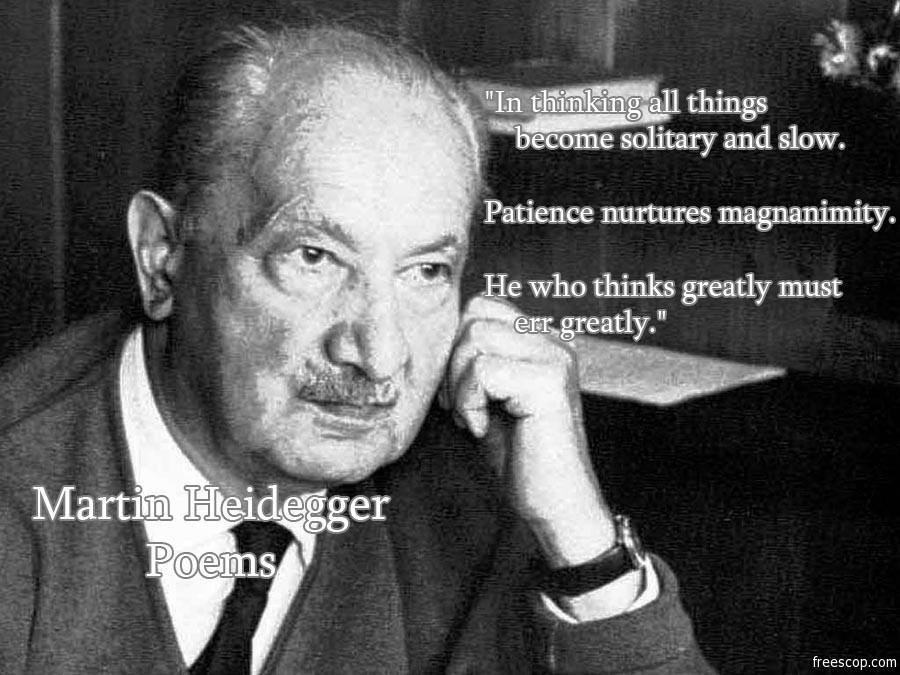
Heidegger's reflections on language are not only notoriously difficult and complicated, but also appear "scattered in an assortment of essays," as the author puts it, and the stated purpose of this book is thus not so much to systematize those reflections, but "to gather and elucidate them." (11) Language is thus, in Heidegger's famous phrase from his "Letter on 'Humanism'" that serves as the foundation of this present study, "the house of Being," creating a dwelling site or abode in which humans and all things can be. Although Being is not reducible to language, the disclosure of something as being (and thus standing in Being) occurs only by way of language. It is an ideal source for studying his sustained interest in the problems and possibilities of human language and brilliantly underscores the originality and range of his thinking.This book provides a useful exploration of Heidegger's understanding of language in relation to his thinking of Being, arguing that these two, language and Being, are inextricably intertwined.

On the Way to Language demonstrates that an interest in the meaning of language is one of the strongest bonds between analytic philosophy and Heidegger.

One the Way to Language enable readers to understand how central language became to Heidegger's analysis of the nature of Being. These essays reveal how one of the most profound philosophers of our century relates language to his earlier and continuing preoccupation with the nature of Being and himan being.

In this volume Martin Heidegger confronts the philosophical problems of language and begins to unfold the meaning begind his famous and little understood phrase "Language is the House of Being." The "Dialogue on Language," between Heidegger and a Japanese friend, together with the four lectures that follow, present Heidegger's central ideas on the origin, nature, and significance of language.


 0 kommentar(er)
0 kommentar(er)
